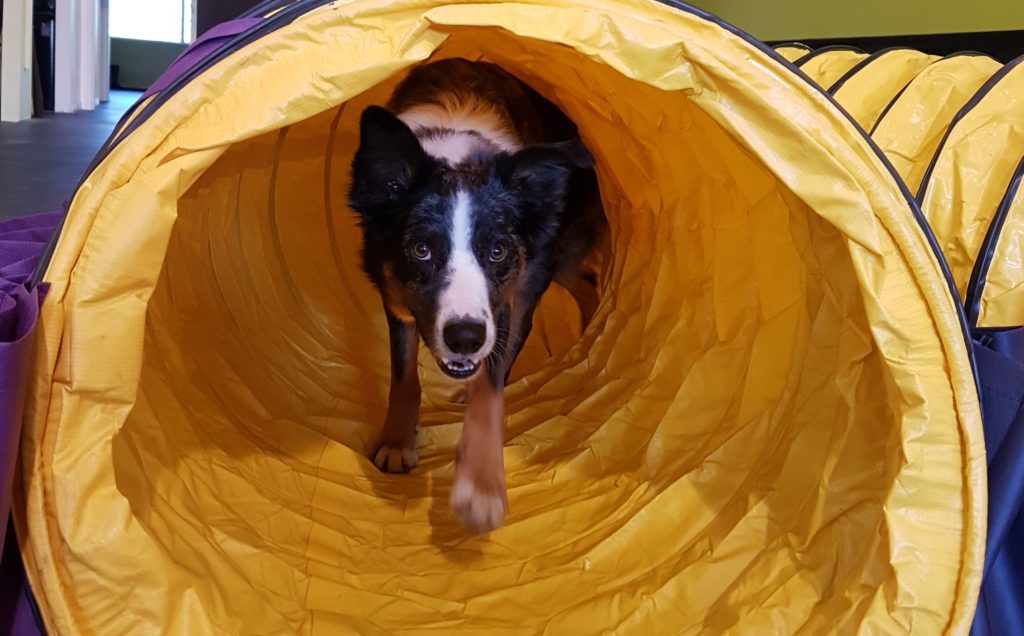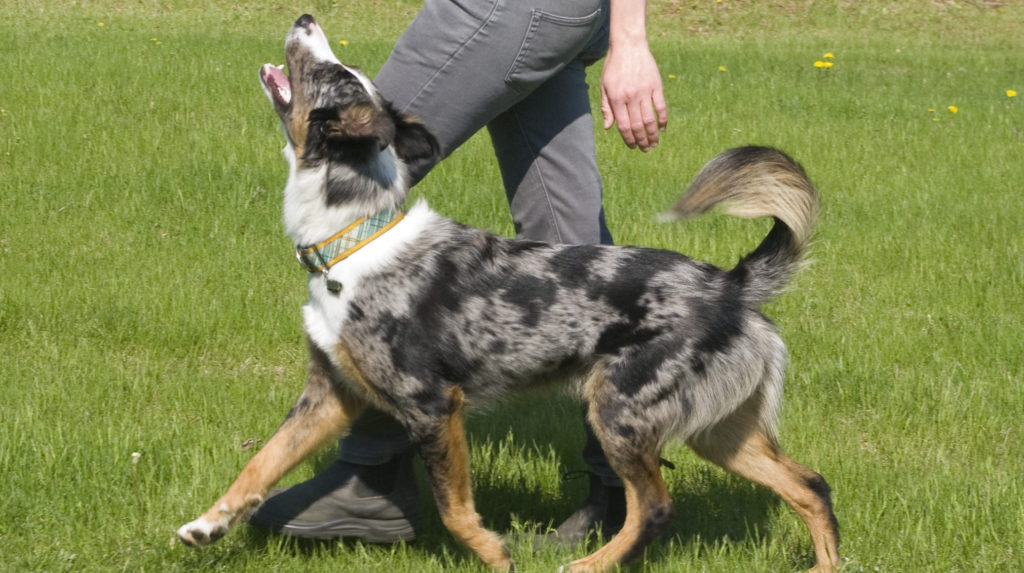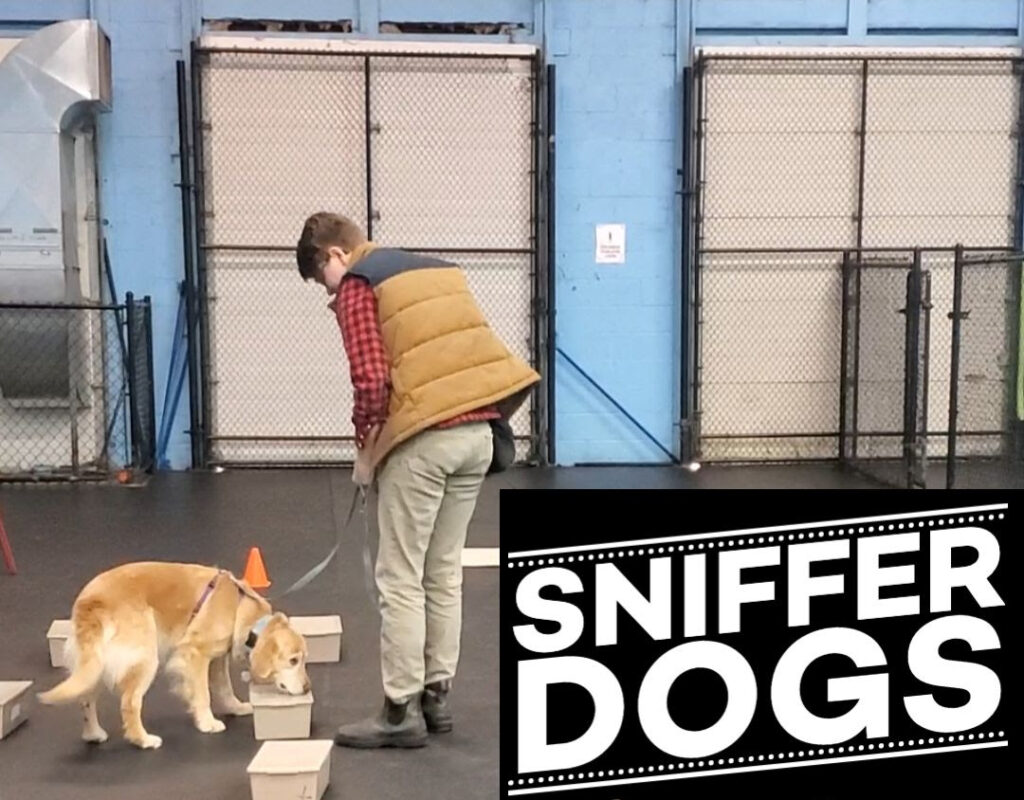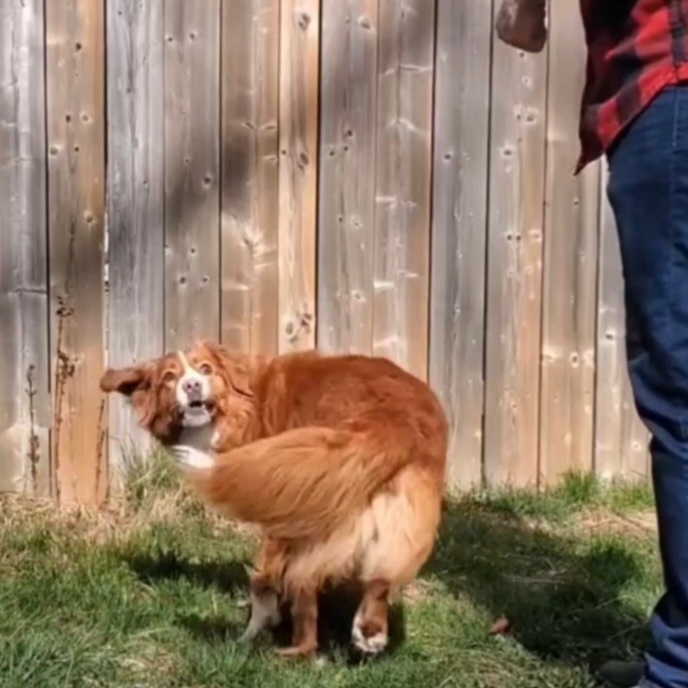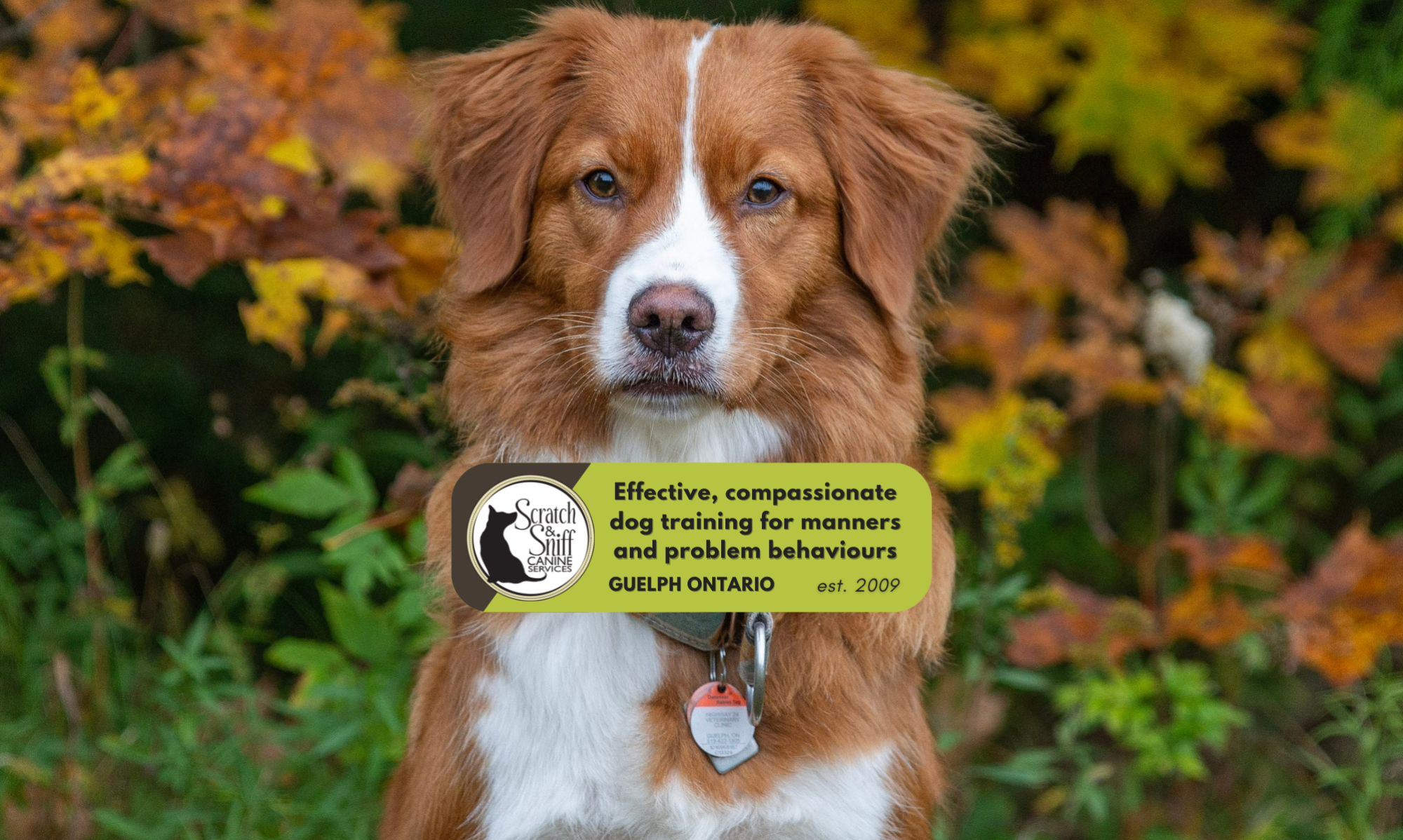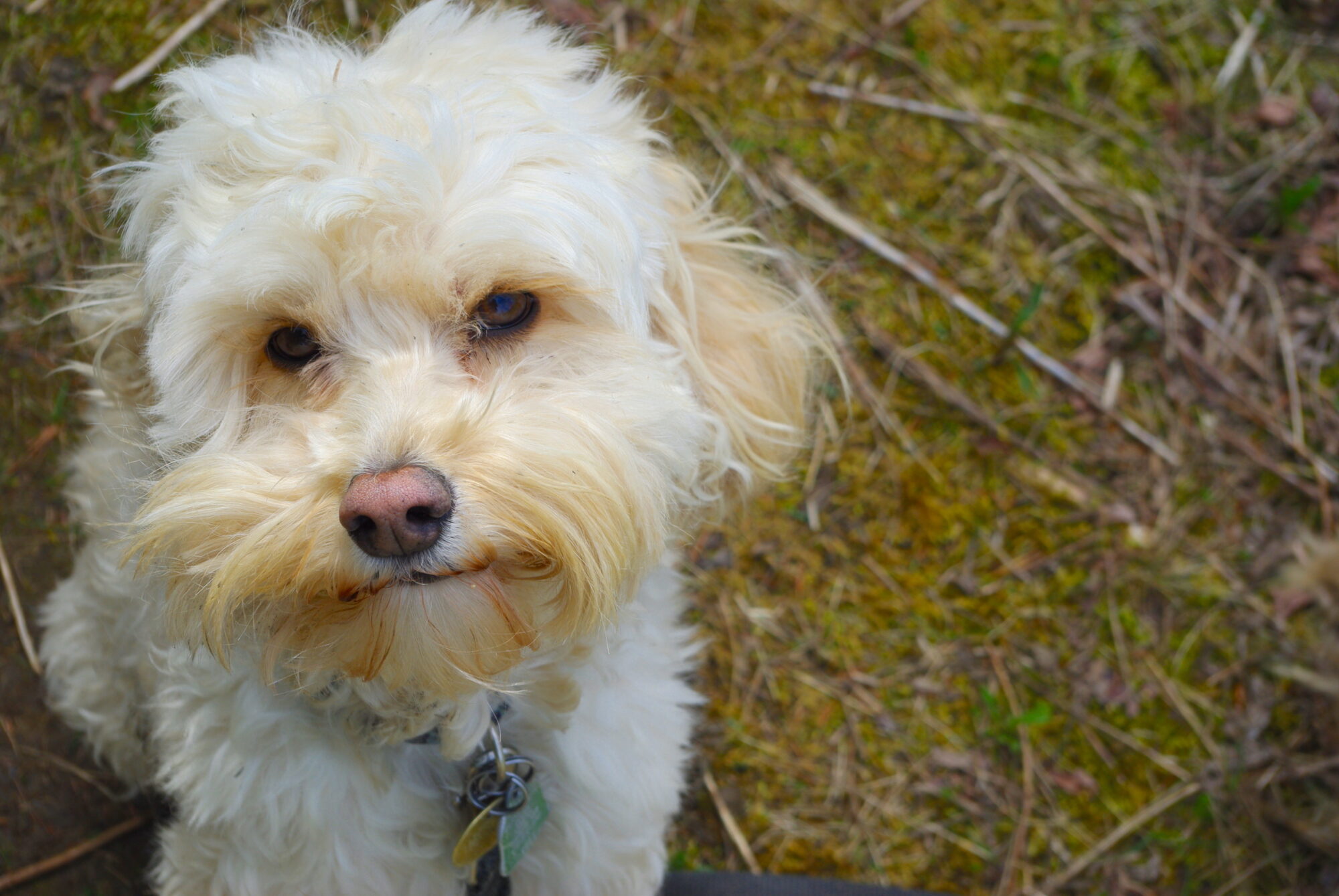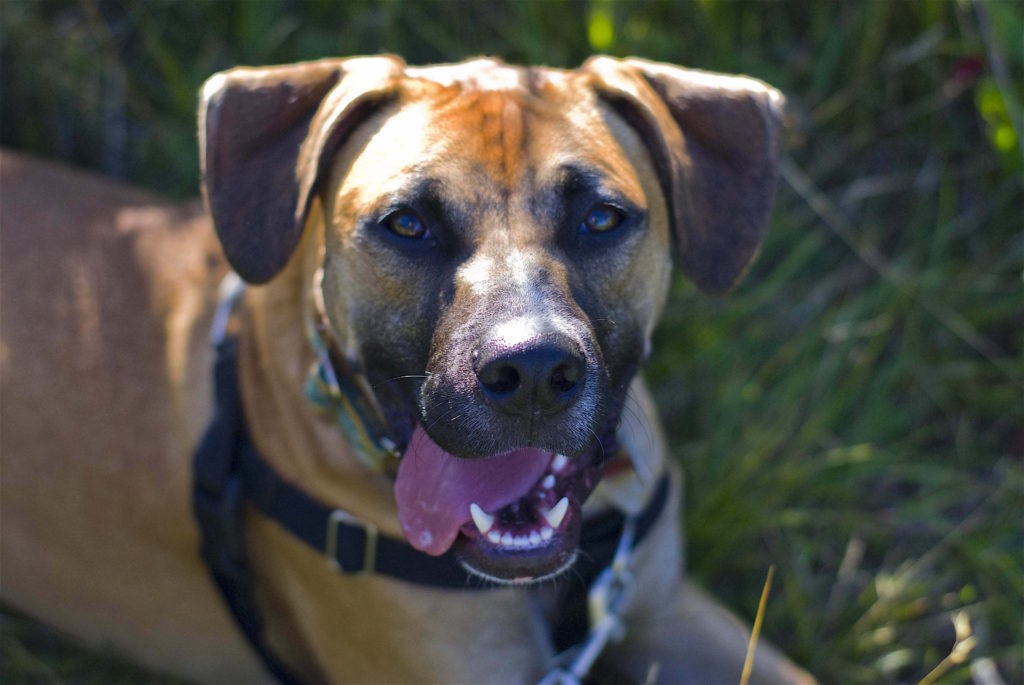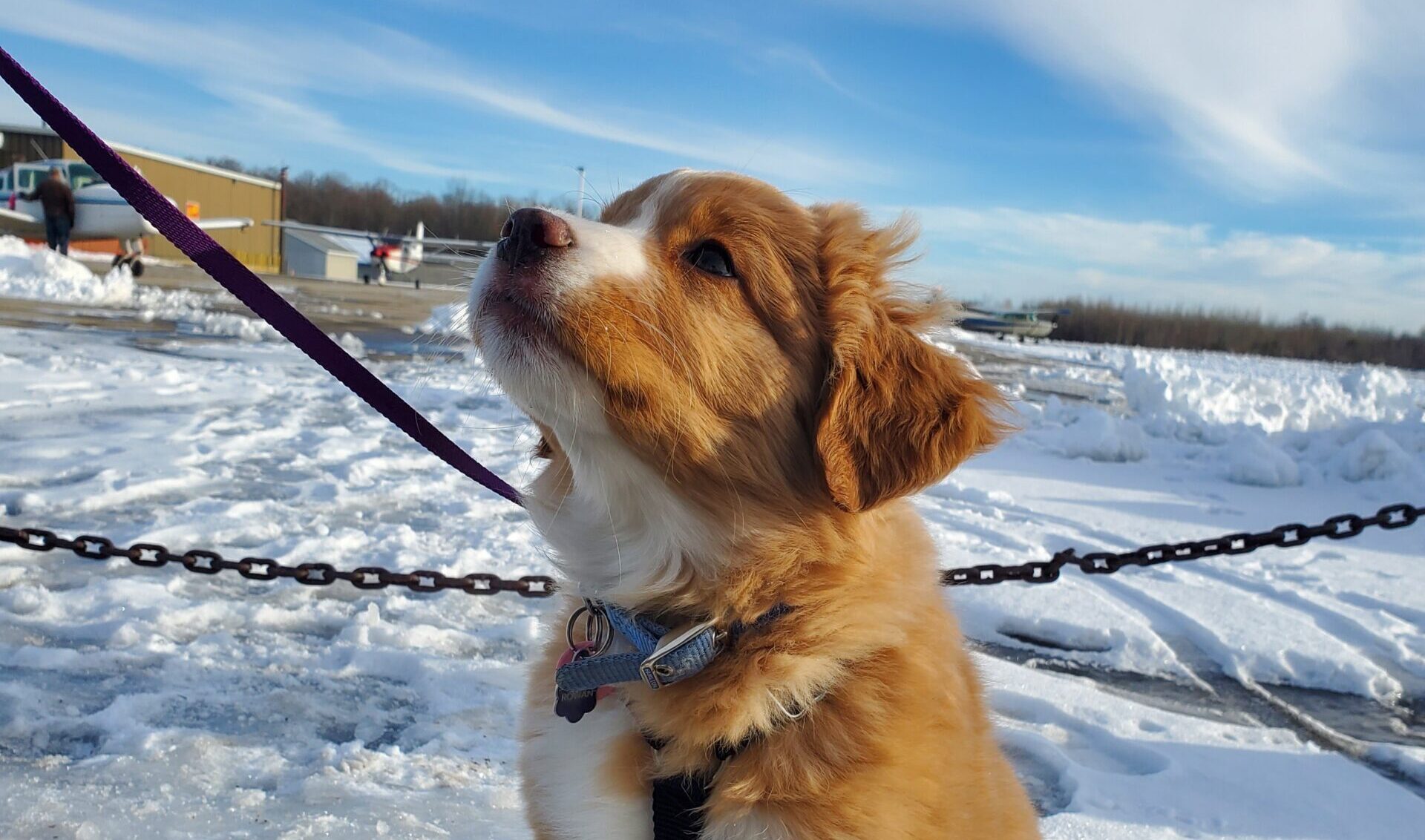Welcome to VIRTUAL training! You probably have lots of questions, like whether this can actually work… the answer is ABSOLUTELY. Have a look below!
General
But, seriously, you can train dogs… ONLINE?
Absolutely! Outside of weekend workshops, all of my continuing education is conducted through various virtual formats. This includes HANDS-ON skills training! I’ve found this format to be incredibly beneficial for me and my dogs.
Does it matter where I live?
Yes – due to insurance restrictions, we are accepting only students located in Canada at the time of the training service.
What are the technology requirements?
- You need a basic level of computer/internet literacy, including navigating a webpage and taking videos
- Life Skills and Virtual Training for Distractions: Internet capacity that permits viewing and uploading of videos
- Private Training: High speed internet that allows for clear video conferencing over ZOOM
- A computer, phone or tablet that:
- Has a functional microphone
- Has a functional camera
- Can connect to the internet
- Some Private Training will require more than one device (phone/tablet/computer)
- Optional but encouraged – bluetooth wireless headset
- Method to hold up your phone/tablet (this can be as simple as an upside-down egg carton to support your phone, tape your phone to a paper towel holder, or a tripod/camera stand)
What Policy applies?
All regular policy applies. You can find Group Policy here and Private Policy here. Purchase and/or registration indicates acceptance of applicable policy.
All-Ages Life Skills Program and Virtual Training for Distractions
How does it work?
Using a virtual classroom called Google Classrooms, you will be introduced to new exercises with demonstrations, verbal descriptions and written instructions. The modules include a Module Presentation – this is exactly the same explanation and demonstration that you would receive in an in-person group class!
Each exercise is broken down into easy-to-follow steps, and you will receive entirely personalized feedback on your training.
- Work at your own pace and on your own schedule!
- Join ANY time!
- Receive feedback and guidance on your training homework five days a week, and access the classroom 24/7
- Eight-week access to dynamic content and personal feedback on your training and questions
- Save the Program Manual for reference after completing your program
Can I see the classroom before booking the class?
You’re welcome to join the test classroom to get a feel for the layout and format before joining Virtual Life Skills! Just follow these steps:
How does the flexible schedule work?
You can join the program ANY week, and you can work through the modules entirely at your own pace throughout your eight-week program.
Will I see other people, and can others see me?
Your homework will be submitted privately to your instructor, and feedback will be returned privately, only your name will be visible. You also have the option to participate in discussion with your classmates if you wish, and add your dog to the student introduction document.
Will I learn the same things as in a regular group class?
Yes! The curriculum has been modified to cater to this virtual experience, and the class maintains the same manners and obedience exercises as in the in-person class.
How does virtual instruction and feedback on my training compare to in-person classes?
In a virtual class you actually have access to significantly MORE personal feedback than an in-person class! In an in-person class, you get feedback only in that one hour. In a virtual class, you have access to feedback five days each week. After making the modifications suggested, you can request further feedback on how to adjust or perfect the training exercise.
Additionally, you have access to written notes provided by your instructor, which means you have a personal reference point when you incorporate these changes into the training exercise.
You’ll also receive feedback on your training in real-life situations, and environments where you walk and train your dog in day to day life. That can’t happen in a classroom!
What about distractions?
Did you know it’s actually more effective to teach a behaviour before adding distractions? This approach actually better caters to learning needs of both people and dogs, versus an in-person class.
The self-paced format means that you can post follow-up videos from the lessons and receive feedback on whatever aspect of the lesson you would like, including introduction of distractions that you encounter day-to-day.
You’re also welcome to follow up the Virtual Life Skills program with the Virtual Training for Distractions Program, where distraction training will be the explicit focus.
What if I have questions about topics not included in the Life Skills Curriculum?
In order to provide the best training service, problems outside the scope of the Life Skills program will require a private consultation so your instructor is able to gather the information necessary for a complete response to your concerns. You can find information on the Private Session webpage.
How do I prep for my training sessions?
You can find all of this information on the Virtual Training Prep page.
Can I switch between the Virtual and In-Person classes?
No. While these programs cover similar topics, they are two distinct programs. The only exception is in case of COVID lockdown or related issue when in-person students will be welcomed into the Virtual program to complete their training.
Private Training
Which sessions are virtual?
Private training and behaviour consultations are currently running in both virtual and in-person formats, depending on the nature of the issue addressed in the session.
Initial sessions will continue to take place in a virtual format, and follow-ups will be decided on a case-by-case basis. For example, resource guarding in the home may be addressed in a virtual format, and outdoor reactivity sessions may be addressed in-person.
We cannot guarantee that a request to meet in-person can be granted. Due to health and safety implications, availability of in-person sessions is not based solely on client preference.
How does it work?
Using a video conferencing program called ZOOM, we will meet in our “virtual classroom” at the designated start time.
Just like an in-person private behaviour consult, we will review your dog’s behaviour, your instructor will introduce and demonstrate exercises, and you will work with your dog on each skill. ZOOM allows you to receive personal feedback in real time, and questions about each exercise answered on the spot.
For some training problems, you will need multiple devices to record your dog at two angles, or a helper to hold your camera. You may have additional technology requirements such as bluetooth headphones. Contact the office for details.
Can any behaviour problem be dealt with virtually?
Please provide the office with some information about your dog’s behaviour, and where you are seeing this occur, and we will decide whether a virtual consult is the best route forward – particularly if you live too far to travel to the facility for in-person follow-ups. Contact the office here.
What do I need to do to prep for my session?
You can find that information on the Virtual Training Prep page, as well as the Behaviour Consultation page. You will also be sent information applicable to your situation.
